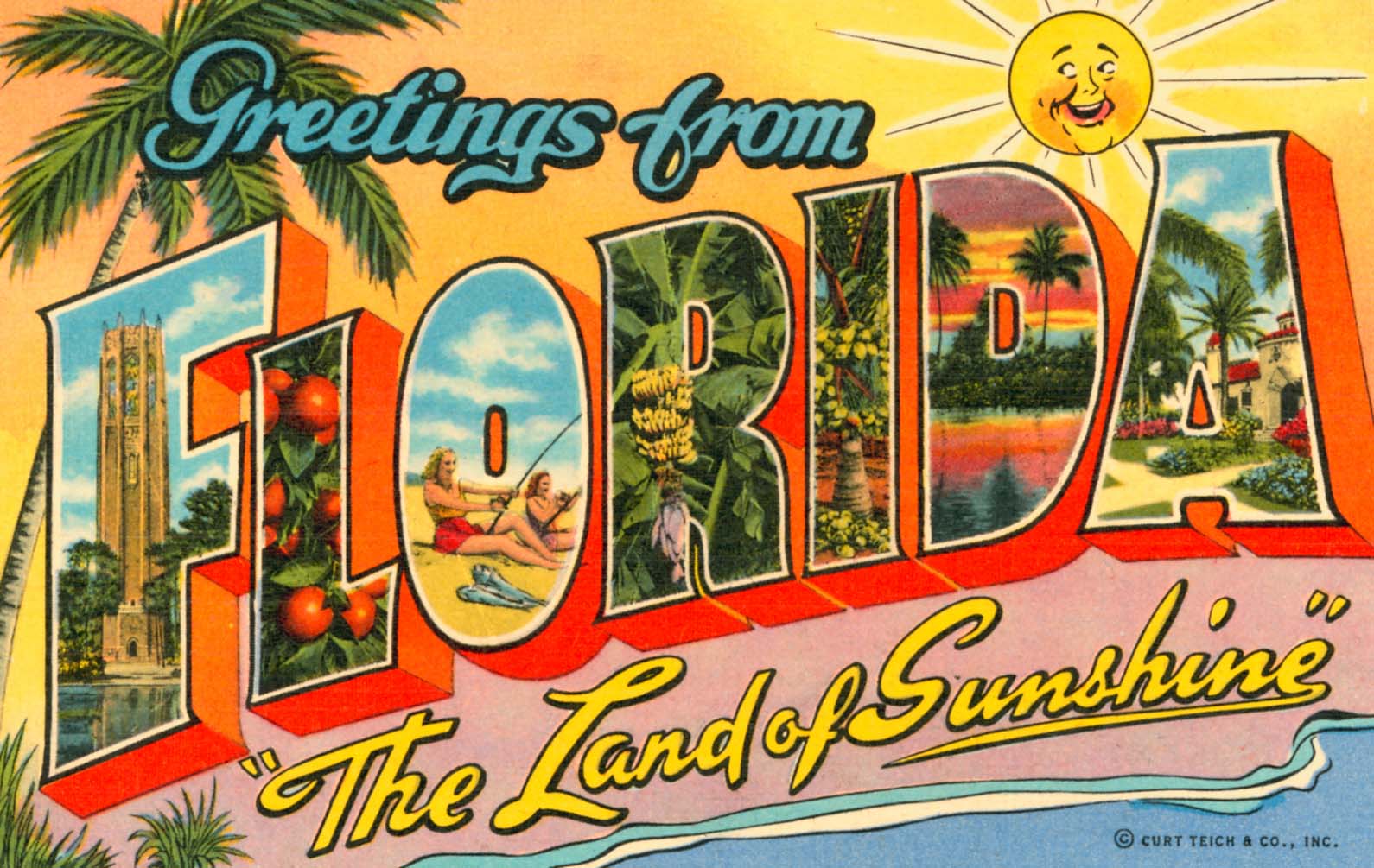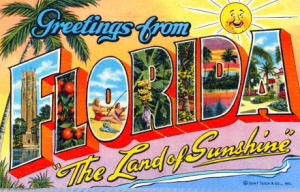 Any chance that Florida has in making significant steps in reforming its complicated gambling laws is losing some traction after state legislators appear to be moving forward on the state’s agendas without making gambling talks a priority.
Any chance that Florida has in making significant steps in reforming its complicated gambling laws is losing some traction after state legislators appear to be moving forward on the state’s agendas without making gambling talks a priority.
GOP legislative leaders have been reluctant to act on the issue, leading to growing uncertainty that any resolution on the issue will be made in the current legislative session. So much for spending all that money ($400,000 in all) on a 700-page gambling study, huh, not to mention all those senate hearings that were done in the past year or so.
The lessening likelihood of any action being taken towards changing the existing gambling laws in the state is a deflating possibility for a lot of people and businesses that were leaning on any action taken towards modifying the law and legalizing forms of betting that are banned under the current makeup of the law must now reassess their next move now that this one appears to have been shut out again, at least in the current legislative session.
There will be a ton of excuses that will be made why it didn’t happen this session despite promises by GOP leaders that action would be taken. House Speaker Will Weatherford (R-Wesley Chapel) acknowledged that Florida’s gambling law “has more loopholes than I could count”, essentially conceding that any type of action can’t be made without voters weighing in on the issue as part of a constitutional amendment proposal. That’s one, albeit one that should’ve been addressed years ago when this issue was first brought to light.
The existing Seminole compact with the state is another one. The compact is set to expire in 2015 so the state may be willing to just ride out the contract as opposed to getting into a legal battle with the Seminole Tribe over the latter’s exclusive rights to banked card games that include baccarat and blackjack at its casinos. To be fair, that’s a potential headache that could be avoided if the state waits another year before discussing expanding its gambling laws.
And it’s not like the state isn’t recouping any revenue from its deal with the Seminoles because in exchange for the exclusivity, the tribe has to pay the state $1 billion over five years and judging by comments made by the Seminoles last year, it looks like it has plans of maintaining that course “through 2015 and beyond” as described by Seminole spokesman Gary Bitner, as quoted by the Tampa Tribune.
Maybe all this is just a case of bad timing relative to what’s ahead next year. But you’d be excused if you’re growing impatient about the lack of concrete action being taken towards expanding the state’s gambling laws. After all, it’s been on the table for quite some time now.
